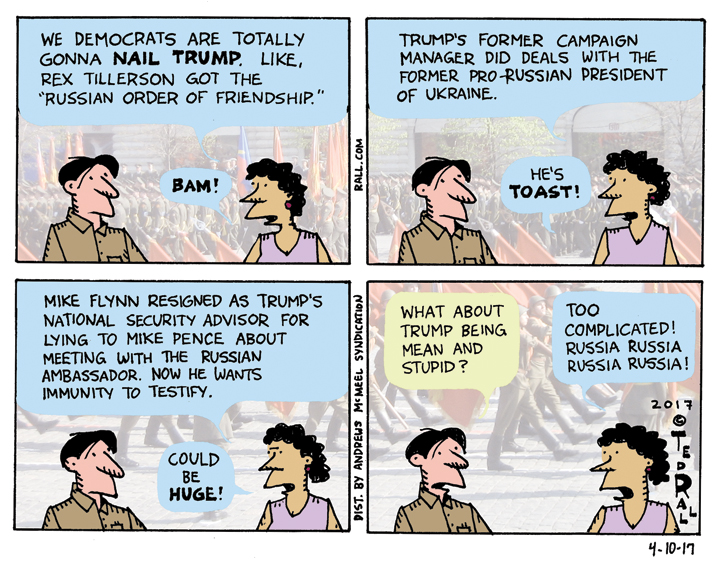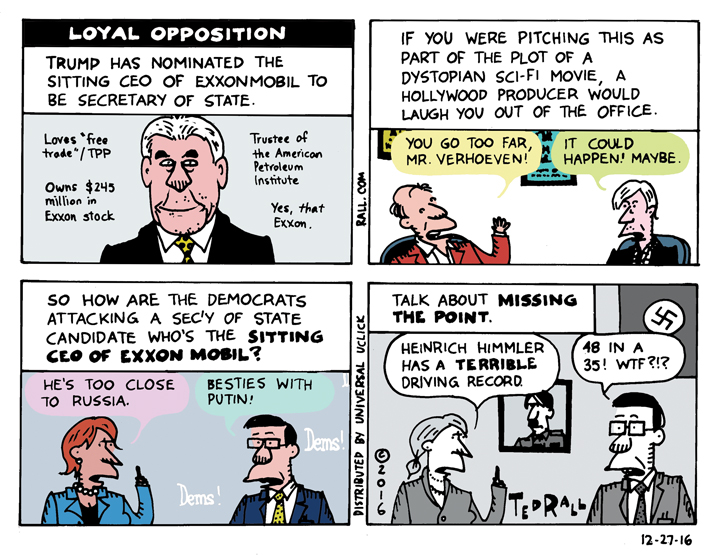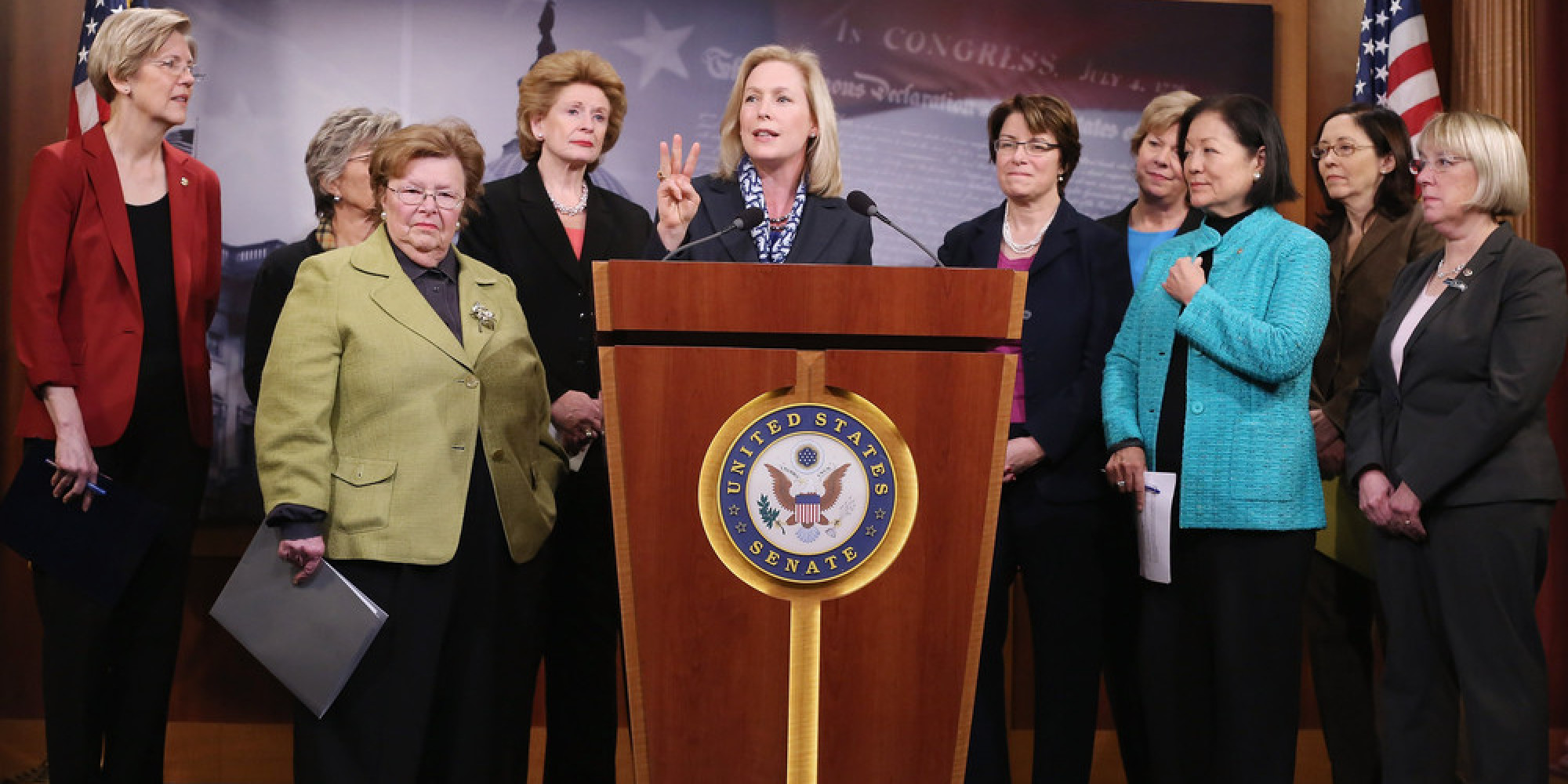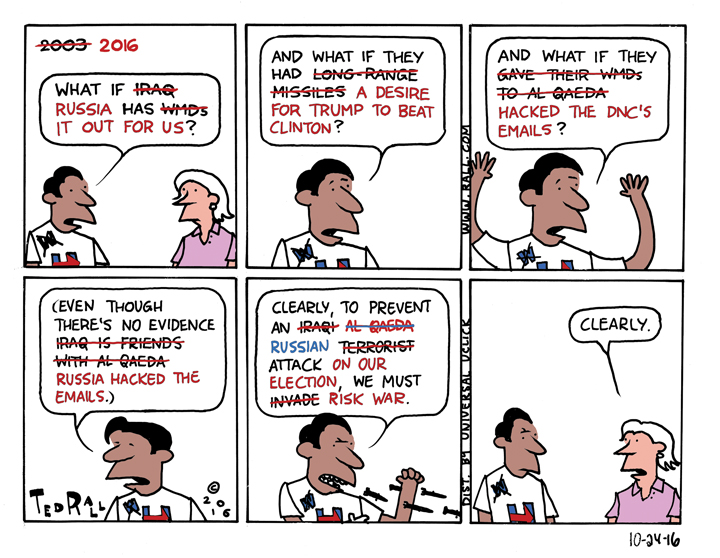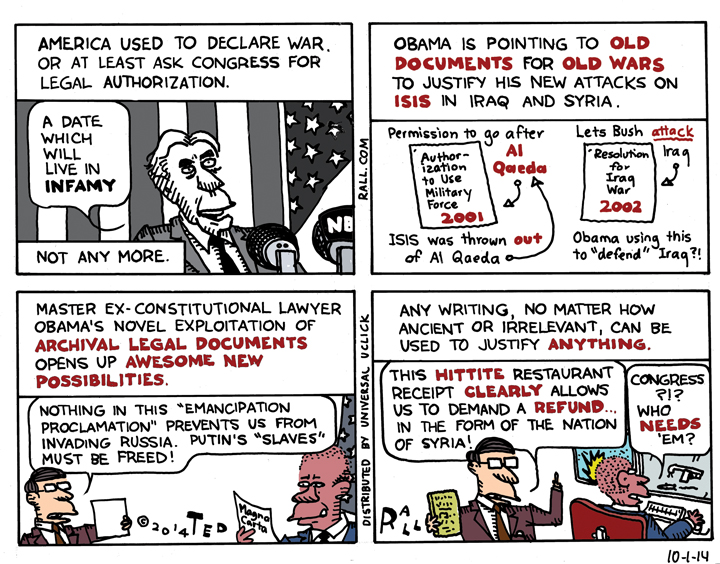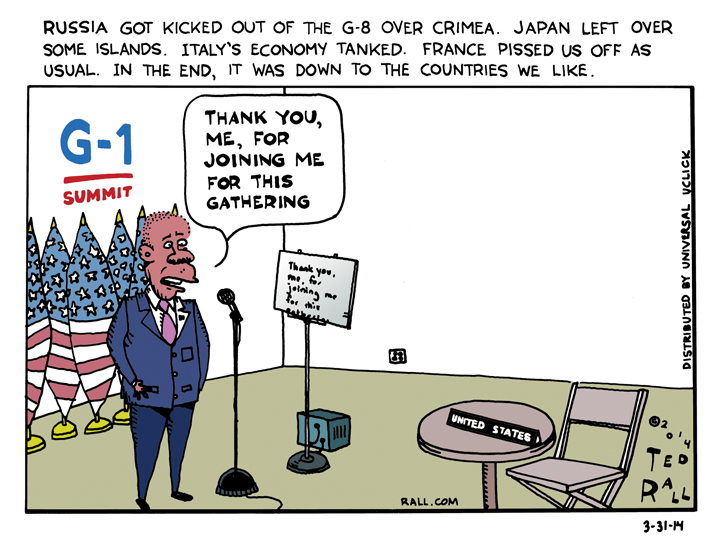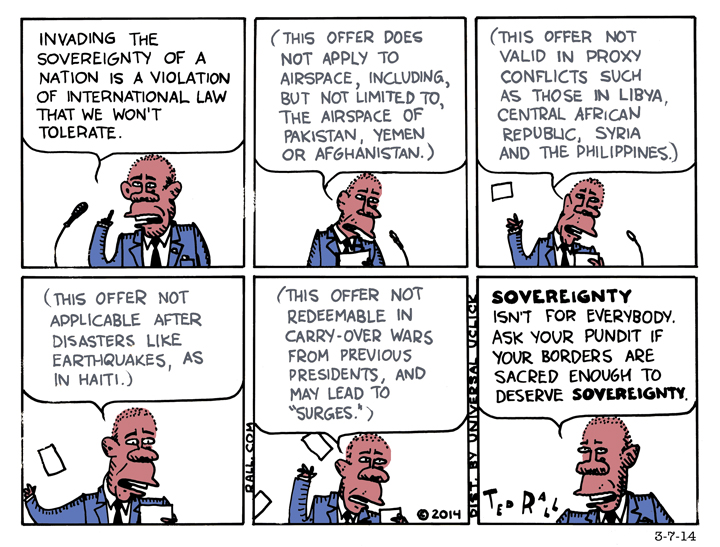Why are Democrats ginning up a bizarre conspiracy theory to nail Trump when there are obvious causes right in front of all our noses?
Originally published by ANewDomain.net:
aNewDomain, Moscow, 01.04.2015 — The National Security Agency is selling Americans’ personal data to private corporations in order to raise revenues for stretched federal coffers, according to a blockbuster report to be released by Second Look Media.
It turns out that Second Look, which is 50-percent owned by billionaire eBay founder Iranian-American Pierre Omidyar, is a 25-percent spinoff of First Look Media, known for transcribing NSA documents leaked by former NSA/CIA contractor Edward Snowden.
Second Look is scheduled to publish the details on April 1.
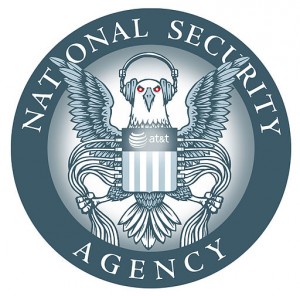 The program began during Barack Obama’s first term in office, when congressional Republicans began “cockblocking” Obama’s every move and denying even routine budget appropriations. Then-Secretary of State Hillary Rodham Clinton is reported to have suggested to the frustrated president that the government should consider “rolling big-data style, like they do in Silicon Valley” i.e., monetizing valuable personal information that is in the hands of its agencies and federal departments.
The program began during Barack Obama’s first term in office, when congressional Republicans began “cockblocking” Obama’s every move and denying even routine budget appropriations. Then-Secretary of State Hillary Rodham Clinton is reported to have suggested to the frustrated president that the government should consider “rolling big-data style, like they do in Silicon Valley” i.e., monetizing valuable personal information that is in the hands of its agencies and federal departments.
Attention naturally turned to the NSA, which methodically intercepts, stores and indexes every digital communication on earth, including those between American citizens. The communications include, but are not limited to, email, text messages, voice phone calls, cell phone metadata, faxes, bank wire transfers, and even telegraph, which is still used by remote train stations in Nevada and Utah. “If someone figures out a way to bring back the passenger pigeon, we’ll snag the sucker, Xerox its ass, and implant a chip in his brain just in case someone wants to use him to say something,” said former NSA director Michael Hayden in 2009, prior to his resignation.
According to sources, the NSA held secret online auctions on the so-called “darknet” to offer transcriptions, recordings, bank account numbers and even the sexual habits of Americans to the highest bidder, regardless of whether its country of origin has good relations with the United States.
Most of the gigantic data files ended up in relatively benign hands, such as an affiliate of the Brazilian social network Bazoo, which ran searches on Portuguese-sounding names in order to market spam email offering 35-percent discounts on Brazilian waxes.
However, the Russian energy giant Gazprom, which is closely affiliated with President Vladimir Putin’s inner circle, allegedly purchased voice recordings of every phone call in the upper Midwest between February 2012 and January 2013. Although their intent can’t be known positively, analysts believe the Russians wanted to learn more about the fracking industry, both as a form of industrial espionage, and also in order to use shell companies to acquire drilling rights under the homes of registered Republicans.”
Obama administration officials speaking under condition of anonymity confirmed the basic details of this account, but deny that they did anything wrong. “First and foremost, we ran this past the lawyers. There’s a reason that they call people who live in the United States ‘Americans.’ That’s because they live in America. Anything that is in America belongs to America. In other words, people are just like dogs, cats, wild turkeys, worms, what have you – that’s the government’s property. That’s pretty much been the case ever since the Emancipation Proclamation.”
Bob Jenkins of the American Civil Liberties Union expressed concern about what he called a “novel” interpretation of constitutional law that he said “seems to contradict two centuries of legal precedent and 800 years of Anglo-American common law dating back to the Magna Carta.”
But the administration official says that the data is the president’s to sell, and he will do so as long as there is a huge federal deficit to pay off to China. Says the source, ‘Anyway, section 215(b) of the USA Patriot Act authorizes the president to do anything it takes in order to defeat Al Qaeda, and we won’t be able to take on the terrorists if we are too broke to buy any weapons.’ “
Speaking under condition of anonymity based on threats of this reporter, a representative of the NSA who may or may not work there said that the government takes care to sell American data only to private companies who “we know can pretty much be trusted.”
But that seems to be belied by a $14-million sale of DNA records belonging to Millennials and Generation Xers who make $38,000 to $54,000 a year to FarsiNet. After the sale was complete, the NSA was surprised to learn via Twitter that FarsiNet was, in fact, affiliated with the Islamic Republic of Iran.
Still, the NSA has no plans to change the program as long as there is no reaction from the public. “We desperately need that extra spending money,” said White House Press Secretary Josh Earnest. “For example, you know the $14 million everyone’s making such a fuss about? We used that to add a new wing to the NSA’s new data farm in Utah. And will use the data we store there to make another $140 million, and so on and so forth, until we can finance maybe a quarter of our next war.”
For aNewDomain, I’m Red Tall.

